The battle to free up the NHS
It’s a busy week for the UK healthcare industry. Along with a renewed focus in Westminster on the problems in our NHS regarding the inability to discharge patients when they’re ready to go, in Manchester the two-day Patient Safety Congress has been taking place, with key note speeches from some of the brightest and best in the patient safety sector.
It was timely that politicians’ attention was focused on one of the major issues facing the NHS whilst industry experts debated how best we can ensure the safety of patients. The problems the health service faces in moving people along the recovery and respite route, out of hospital beds and go into the next phase of their treatment is one of the NHS’s biggest issues. The ‘clogging up’ of the system at one end impacts all the way back to the ambulances at the beginning – and we’ve all seen newspaper headlines about the appalling waits ambulance staff and patients are having to endure just to get people through hospital front doors……
The historic lack of investment in our care system is coming home to roost – for too long seen as the poor relation in the health system, we’re now seeing what happens when the 360° journey of patients isn’t given equal measure. So what can we do?
A shift in attitudes
At the conference a lot of attention was paid to discussing why we are in this mess and what might get us out of it. A particularly interesting speech was given by Jono Broad, a Senior Manager in Personalised Care with NHS England (South West). He (rightfully) cited how the Covid-19 pandemic challenged perception around what patients can or should do when considering home care.
As the StackCare team has mentioned before, the necessities of the lockdowns bred invention in our consideration of and attitude to patient self-management. Both directly and indirectly, lockdowns led to a greater understanding and acceptance of the use of technology in our healthcare and highlighted how technology such as AI can benefit both the patient and the care team.
One common theme, both in Westminster and in Manchester, has been the need for more care to take place in the home. Often patients don’t need to be in a hospital environment for the final stages of their recuperation – given proper preparation and clear support and guidance, a home environment, with all the reassurance, familiarity that offers can be the best place for someone trying to get better
Planning and monitoring
With the right process in place it seems a no-brainer that in-home patient care could be the solution the over-stretched NHS needs. Jono Broad highlighted the very real need for in-home care to be undertaken with strict processes in place, particularly with regard to patient safety. He outlined three key requirements for health professionals before undertaking in-home care:
Assessment of the situational variables that could present risks to patients
Understand the type of training and resources required for patients, families and clinicians to effectively identify and prevent potential risks in the home
Explore examples of tools and training available that enhance safety in the home
The use of technology in this mix is key. Systems such as StackCare offer an invaluable resource in ensuring patients are safe and well. Discreetly monitoring activity levels, sleep patterns and house temperature 24/7 means both family and the care team have unrivalled data about the patients general wellness on their recovery journey.
Tertiary benefits
Through receiving treatment at home patients and the health service benefit in more than one way. Not only are beds in hospitals freed up but patients are also physically removed from the risk of secondary infections, so often picked up on wards where other patients can easily infect each other with colds, or even Covid. The mental benefits of being in their own home are also notable. Our users often tell us how much happier they are being able to stay in their own homes, independent and comfortable.
Indeed, we’ve seen the really positive impact that home-monitoring systems such as StackCare can have on both the mental and physical health of older people living independently, or those with early signs of dementia, it’s only logical that it becomes the norm as part of hospital recovery packages.
A rare benefit from the pandemic has been how it introduced more people to advanced technology and how its use, for example through Zoom calls or voice-activated devices, became normalised. Where people understand technology they often come to trust it –and if that trust can be extended to using tech in our home-care packages then that’s good news all-round, not least of all for our NHS.
How StackCare can help
And just a note from us about how StackCare can help you control your bills this winter. Our temperature monitoring feature really does come into its own when the weather turns cold. You can use it to keep track of your house temperature, as can your friends and loved ones who are discreetly keeping an eye on you through the remote monitoring app. Quickly turning down the temperature on a house that’s too hot, too much, can make a real difference to energy use.
It’s also useful for monitoring activity levels – the temptation to all-but hibernate is very real, but won’t do you any good.
Our AI enabled technology could well be a real friend as we all seek to keep the bills down.
Above all, don’t fret about the bills – as well as your friends and family, there are professionals out there who can help – have a look at AgeUk and Citizens Advice for starters, and ask your GP or parish council for any locally targeted initiatives. You might be pleasantly surprised by what you find out!

